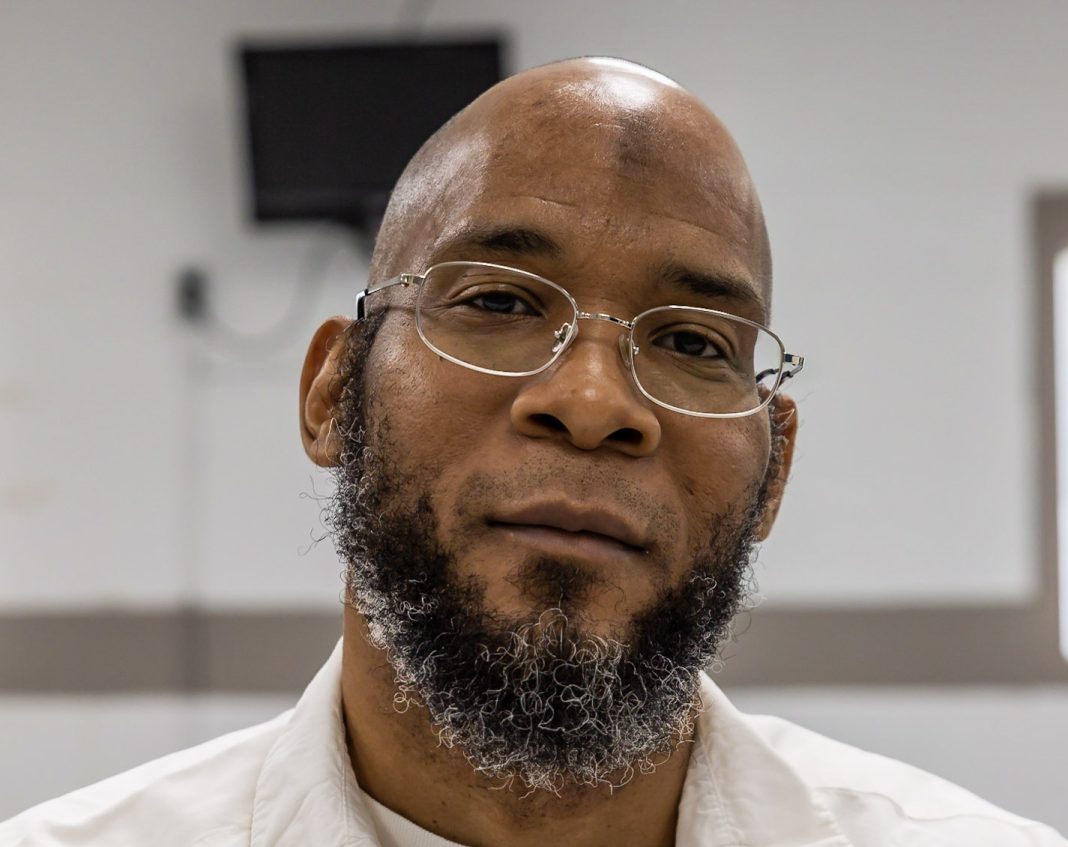Shifting Narratives
In August 1998, Felicia Anne Gayle Picus, a former reporter for the St. Louis Post-Dispatch, was brutally murdered in her home. The investigation into her death initially stalled until two jailhouse informants came forward with stories implicating Marcellus Williams, who was subsequently tried and convicted in 2001. However, there were reasons to doubt the informants’ accounts, including their criminal backgrounds and inconsistent statements. Despite maintaining his innocence, Williams came close to execution twice before new evidence emerged.
In 2015, just before Williams’s scheduled execution, the state Supreme Court ordered DNA testing on the murder weapon, which excluded Williams as a donor. However, the court reset his execution for August 2017 without considering the impact of the new evidence. Former Governor Eric Greitens then intervened and empaneled a board of inquiry to review the case. However, his successor, Mike Parson, dissolved the board before it could report its findings, leading to a lawsuit by the Midwest Innocence Project, which was ultimately dismissed by the Missouri Supreme Court.
Sweeping Arguments
Meanwhile, St. Louis County Prosecutor Wesley Bell utilized a new Missouri law that allows prosecutors to seek the vacation of wrongful convictions. Bell argued that public confidence in the justice system is restored when prosecutors are accountable for such convictions. The law requires a hearing to determine if there is clear and convincing evidence of a wrongful conviction. However, the attorney general’s office can choose to appear at the hearing and question witnesses, but it is not mandatory.
In Williams’s case, Missouri Attorney General Andrew Bailey filed a notice opposing Bell’s motion. Bailey argued that the state Supreme Court’s rejection of Williams’s previous appeals and the setting of an execution date meant that the lower court couldn’t review the case. Bell and the Midwest Innocence Project countered that Bailey’s position was absurd and an attempt to prevent a hearing before the execution date. They argued that Bailey’s argument could undermine the statute and deny relief to those who have appealed their convictions.
Despite Bailey’s attempts to dismiss the case, St. Louis County Circuit Court Judge Bruce Hilton set a hearing for August 21. Bailey asked the Supreme Court to intervene, but they declined. Bailey’s opposition to innocence claims and his efforts to keep wrongfully convicted individuals locked up have drawn criticism from advocates and even his conservative opponent, Will Scharf, in the Republican primary. Scharf stated that he wouldn’t block the release of someone who had proven their innocence in court, emphasizing the high standard of clear and convincing evidence required.
Conclusion
Andrew Bailey’s tenure as Missouri’s attorney general has been marked by his opposition to correcting wrongful convictions. His recent efforts to block Marcellus Williams’s innocence claim and keep other exonerees imprisoned have drawn scrutiny and criticism. However, the legal battle continues, with a hearing scheduled to determine if Williams was wrongfully convicted. The outcome of this case will have significant implications for the justice system in Missouri and the rights of those seeking to prove their innocence.


